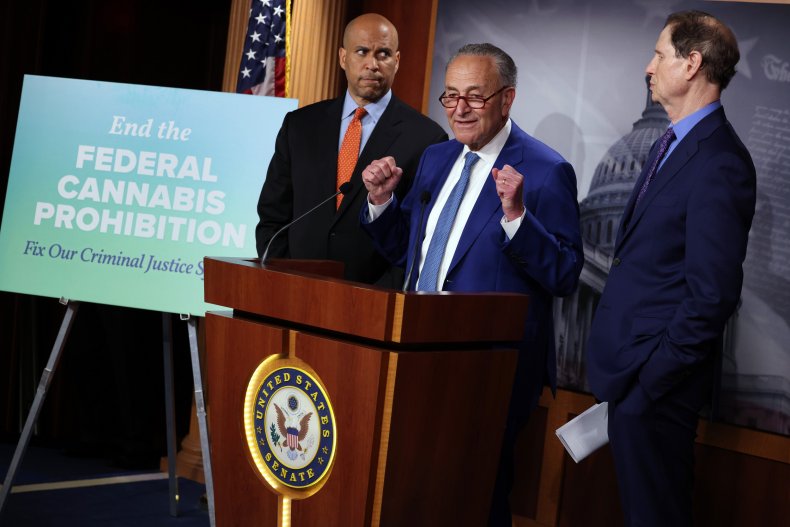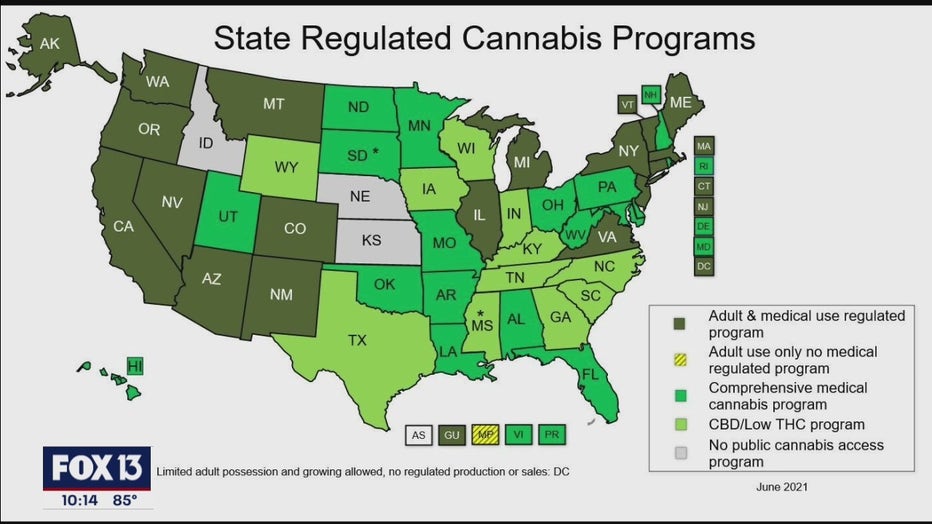On July 12, 2021, California Gov. Gavin Newsom signed into law Assembly Bill 141 (AB-141), which creates the Department of Cannabis Control (DCC). The DCC will consolidate the three state cannabis programs – the Bureau of Cannabis Control (BCC), the California Department of Food and Agriculture’s (CDFA) CalCannabis Cultivation Licensing Division, and the California Department of Public Health’s (CDPH) Manufactured Cannabis Safety Branch – under a single department in an effort to centralize and simplify regulatory and licensing oversight in California. Governor Newsom has appointed Nicole Elliott as the initial Director of the DCC.
The complexities associated with dealing with California’s three-headed cannabis regulatory monster – for example, determining which regulatory body to answer to, understanding how the various regulatory bodies play into vertical integration, and keeping track of each program’s frequent updates – sometimes impeded the success of entrepreneurs and businesses in the cannabis industry.
The creation of the DCC aims to eliminate these issues. AB-141 transfers the “powers, duties, purposes, functions, responsibilities, and jurisdiction” of the BCC, CDFA, and CDPH to the DCC.
“The state’s consolidation effort delivers on the commitment made by the Newsom Administration to listen to and work with California’s legal cannabis industry to streamline participation in the legal market by offering a central point of contact for licensed operators,” Lourdes Castro Ramirez, secretary of the Business, Consumer Services and Housing (BCSH) Agency, said in a statement.
In addition to consolidating California’s cannabis regulatory bodies, the DCC will also increase licensing transparency within the cannabis industry. AB-141 will require the DCC to provide information on its internet website related to the status of every license issued by the DCC, including the county of a licensee’s address of record. Beginning January 1, 2022, AB-141 will require this information to include information on suspensions and revocations of licenses and final decisions adopted by the DCC. However, AB-141 will prohibit the sharing of personal identifying information, including home addresses, home telephone numbers, dates of birth, or social security numbers.








